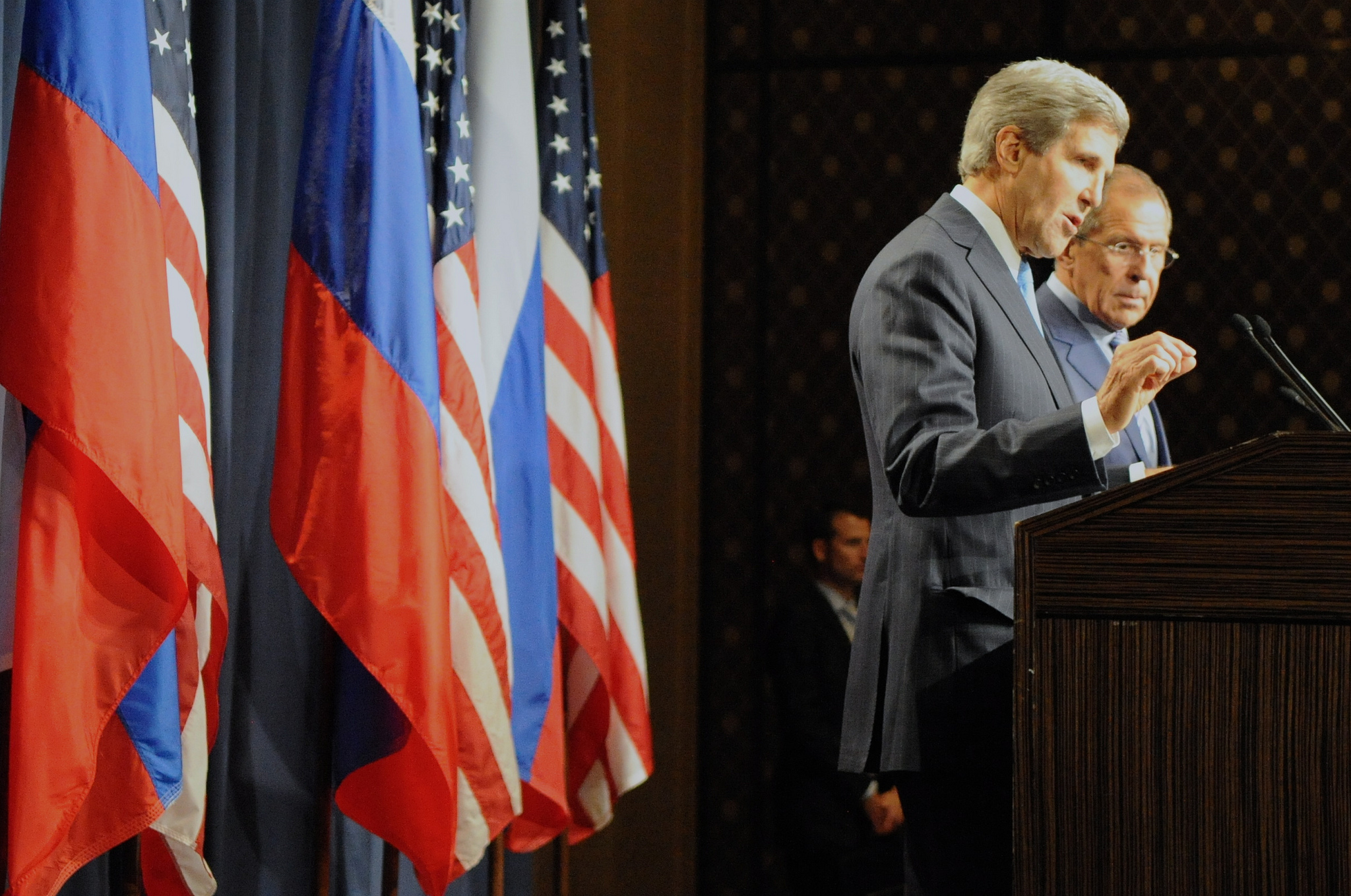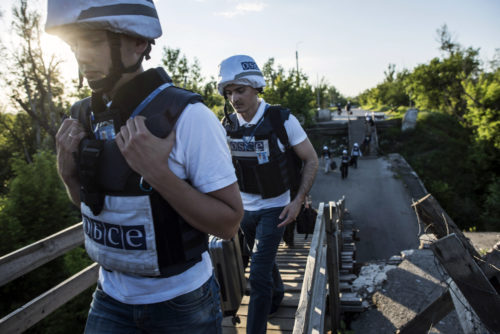As the Syrian Civil War approaches its fifth anniversary, the best estimates suggest that over 250,000 Syrians have been killed since the start of the conflict, with more than 4.5 million refugees, and 7 million internally displaced. Many remain skeptical of a swift end to the violence in Syria (as well as Iraq). Civil wars last on average between seven to twelve years. It is likely that at some point the conflict will end, and Syrians will need to rebuild their country and address the psychological trauma of the conflict. Many Syrians have lost friends or family, fought in combat, been exposed to torture, or witnessed other gruesome human rights abuses. Research in political science, psychology, and economics all point to the profound effects of victimization on individuals, and how violence influences the post-war recovery of states.
What follows are three findings from academic research on the effects of exposure to political violence.
- Economies bounce-back from war-time violence, but individual effects persist
Civil war and political violence sharply reduce economic output during the conflict. But this effect is transitory, with many post-war economies recovering from conflict fairly quickly. While the negative macro-economic shocks of conflict don’t persist, others do. Children who are born into conflict are not as tall (due to nutritional deficits) and have lower levels of educational achievement. Even more recent research suggests that trauma can change individuals’ underlying DNA. It shows that the children of Holocaust survivors are more vulnerable to psychological trauma due to genetic changes that their survivor parents passed along.
- Violence makes people more generous, but mostly to their own group
Exposure to political violence fundamentally changes behavior and preferences. It makes people more willing to accept risks. Diverse findings from Nepal, Israel, and Burundi all connect exposure to political violence to increases in generosity. Yet, this generosity is largely directed towards ingroup members. Further research finds that exposure to terrorism increases support for right-wing parties, xenophobia, and opposition to peaceful compromise. Exposure to political violence is also correlated with higher levels of PTSD, which can increase support for political extremism.
- Exposure to violence make people more civic-minded
Other research connects exposure to violence to increased political participation and voting. Victims of political violence are more likely to attend community meetings, vote, and take an interest in politics more generally. This boost in political participation also extends to crime victimization. People who are victims of crimes are also more likely to attend community meetings and protests, but also more supportive of authoritarian anti-crime policies.
So what can the international community do to improve post-conflict recovery? First and most importantly, it can provide a mix of financial aid and economic incentives, and crucial security guarantees to credibly keep the peace. Second, it can provide psychological counseling for the victims. Cognitive behavioral therapy programs show great promise for effectively improving outcomes to those most vulnerable to re-engaging in violence. Other creative interventions, such as using soap operas to reduce prejudice following ethnic violence, have proven effective. However, more work needs to be done to design programs that channel the “positive” effect of post-traumatic growth, while minimizing its negative externalities.







1 comment